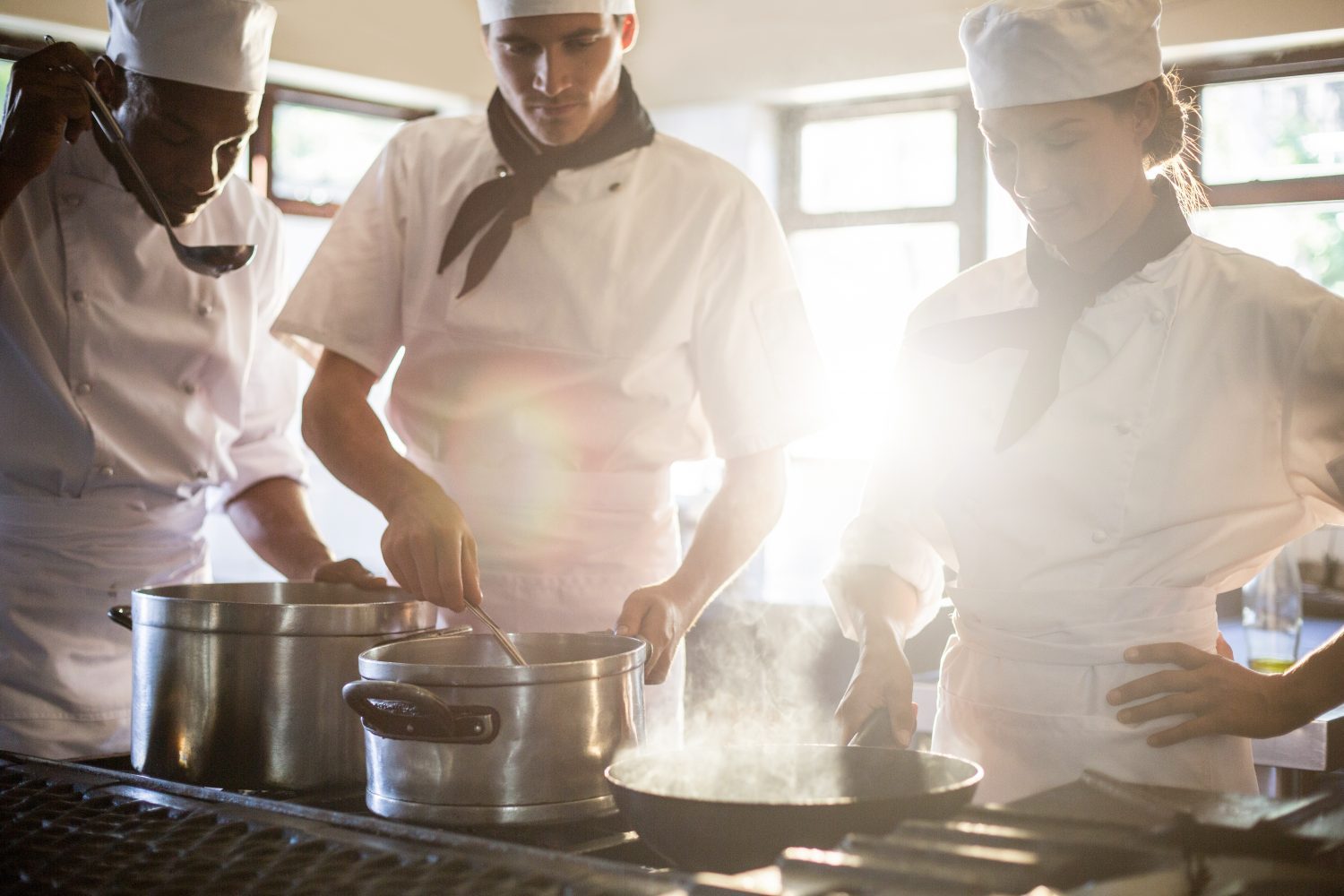Today, I’d like to feature pastry chef and baker Huda Tarhuni of CakeHead London, who supplies American-inspired baked goods to coffee shops and private clients. Her story is remarkable because she braves health challenges everyday, while also meeting the physical demands of our profession. Read more about how she navigated a recent health challenge and how it reinforced her perceptions about what really matters to her.
1.) What does your cheflife look like currently (briefly, what does your business demand from you in terms of time, energy, etc.?)
CakeHead London is a one woman show! I currently run my own baking business supplying some local independent coffee shops and cafes, as well as doing private orders (birthday cakes etc). I’m in the kitchen baking 3 days a week, working between 6-12 hours depending on orders. I was doing deliveries 3 mornings a week (but only just got someone to help me out with that), and doing business admin (filing, online marketing etc) on those days. Which basically leaves me with 1 day completely off a week! Let’s just say energy levels could be better but I’m thankful I can go slower or take more breaks on the days I’m not feeling great.
2.) How does suffering from an illness impact your work and schedule in this very physical profession? Although I don’t know all the details, I just want to express my appreciation for the amazing work you do, while faced with a health challenge!
You’re so kind! I have multiple sclerosis, and fatigue is THE BIGGEST (and most invisible) symptom I suffer with day to day. Stress, as with most other illnesses, just exacerbates my condition and causes me to relapse, which meant that when I was working in kitchens, (such as at LCB) I had times when I was unable to see out of one eye properly, or was having to try use a chef’s knife when I could barely feel my hand. Obviously, all the other chefs around me were also working hard and exhausted, but couldn’t understand the difference between their tiredness and my fatigue, which wouldn’t go away after a cup of coffee or a good night’s rest.
Ideally, a part-time chef position would have been perfect for me, and I held a couple for a while, but as we know, part-time kitchen work that pays a decent wage is rarer than unicorn poop. Which is why I decided to start my business a couple years ago, whilst working as an agency chef. I had the flexibility I needed to recover and rest, but the flexibility also gave me the time to work on my recipes or research potential clients. It wasn’t ideal, say having to bake, then have client meetings, then go work some dinner for 700 people, then come home late and bake for more meetings the next day, but it got me here!
3.) How do you navigate those phases during which your health needs attention?
As you know, I recently had to be hospitalised for a week for chemotherapy ‘treatment’ (wrong word because it won’t cure my M.S. but I’m not sure of the right word). Between the actual treatment and minimum recovery time I was advised by my neurologist, I needed about 3 weeks off which worried me. I didn’t know if my clients would be OK with it, if they would potentially find another supplier when I was off, someone who didn’t have a chronic illness who they could ‘rely’ on. In the end, I was completely open and honest with my clients, (I tell all of them about my M.S. at some point) gave them as much notice as possible, and asked them to stock up as much as they needed to in the run up to my treatment (which means I was EXHAUSTED by the time I got to hospital), so they bulked up their orders and filled up their freezers enough to cover them until I was back in action. I was surprised at how understanding they were, but then realised how stupid my worry was, that in such a serious incident, my health HAD TO come first, that my health was the main reason I decided to start my business! But openness is the best policy I’ve found so far, my clients were very understanding when they could see that I was trying to disrupt their ‘usual business’ by stocking them up as best I could.
4.) Would you say that having a support network is important?
Definitely! I think as chefs, we’re easily sucked into the mentality of ‘work comes first’, so I was really lucky to have friends and family remind me that my health and my future health were more important, that if a client didn’t get a tray of brownies because my fatigue was so bad I couldn’t get out of bed, that they would likely understand if they got it a day or so later. I don’t think I could have stayed sane without my support network, BUT it would be great to hear from other chefs how they manage work and their health issues.
5.) Any advice for chefs in a similar situation?
That’s a hard question. I would remind chefs that no workplace, boss, or job is worth their physical or mental health. It may seem that way, or it may seem that they’re ‘letting the team down’ if they call in sick, but frankly, fuck them. At the end of the day, we work in a pretty heartless industry. If you’re sick at work and about to faint from a fever, no one cares! No one is gonna give you a medal, no one is going to really appreciate it, no one is going to give you a gold star. No one will every prioritise what’s best for you, which is why we need to learn how to prioritise ourselves and our health.

